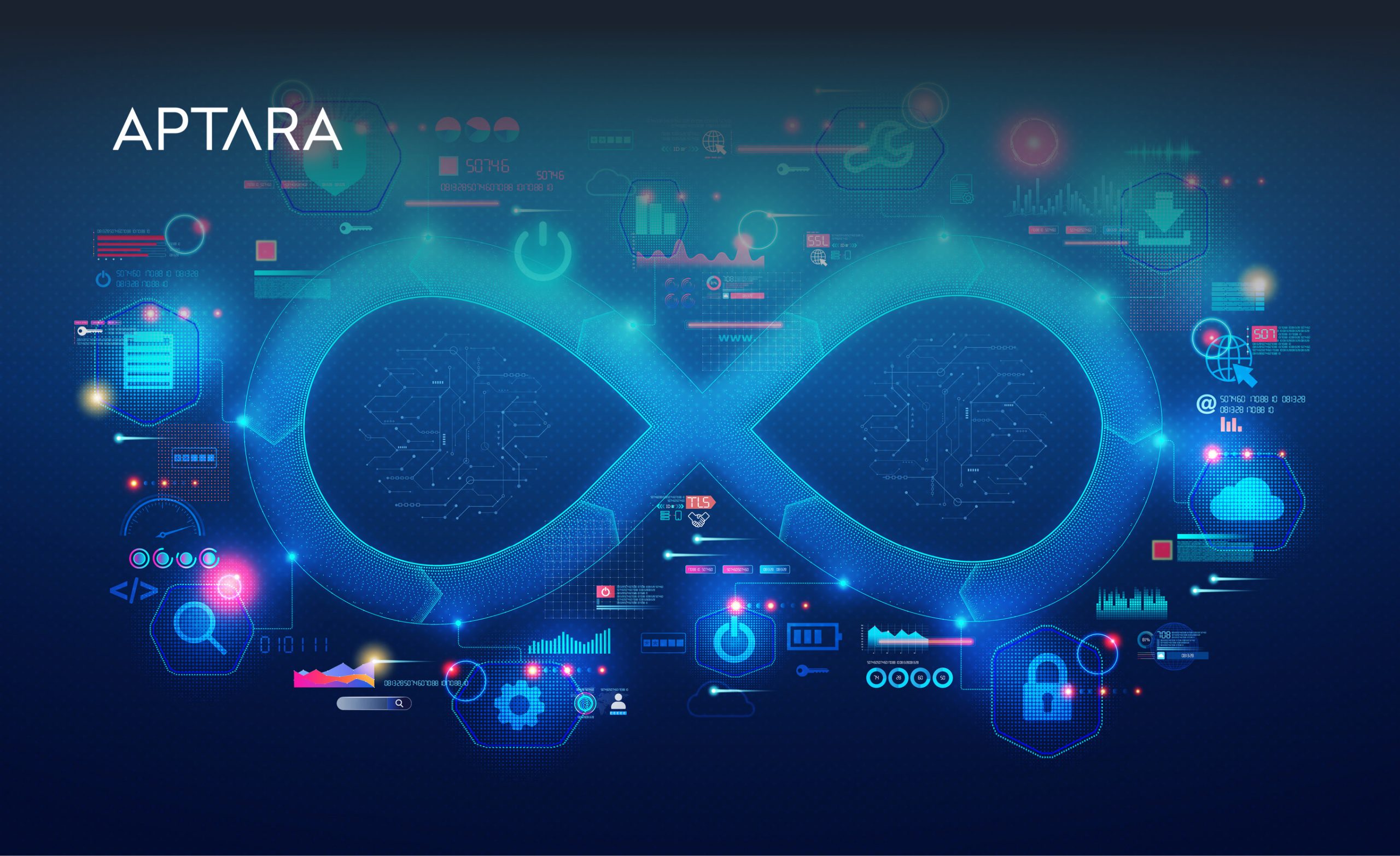
Creating a Culture of Continuous Learning: Strategies for Sustaining Employee Development
In a rapidly evolving business landscape, the ability to learn and adapt is crucial for organizational success. A culture of continuous learning empowers employees to acquire new skills, innovate, and stay competitive. This blog explores strategies for fostering a culture of constant learning, highlighting the importance of sustained employee development and how it benefits both individuals and organizations.
The Importance of Continuous Learning
Continuous learning is the ongoing process of acquiring new knowledge and skills. It is essential in today’s fast-paced world, where technological advancements and market shifts require employees to adapt quickly. Organizations that prioritize continuous learning benefit from a more agile and innovative workforce, increased employee engagement, and better retention rates.
Key Strategies for Promoting Continuous Learning
-
Leadership Commitment:
The commitment to continuous learning must start at the top. Leaders should model a learning mindset and encourage their teams to pursue personal and professional growth. This can be demonstrated through regular participation in training programs, sharing learning experiences, and recognizing employees who embrace continuous learning. -
Personalized Learning Paths:
Every employee has unique strengths, interests, and career goals. Providing personalized learning paths tailored to individual needs ensures that employees stay motivated and engaged. This can include a mix of online courses, workshops, on-the-job training, and mentorship opportunities. -
Access to Learning Resources:
Providing easy access to a variety of learning resources is crucial. This can include online learning platforms, internal knowledge-sharing systems, and external conferences and seminars. Organizations should also invest in technology that supports learning, such as mobile learning apps and virtual reality simulations. -
Creating a Safe Learning Environment:
Employees should feel safe to take risks and make mistakes during the learning process. A culture that encourages experimentation and views failure as a learning opportunity fosters innovation and continuous improvement. -
Regular Feedback and Reflection:
Continuous learning involves regular feedback and reflection. Encouraging employees to reflect on their learning experiences and providing constructive feedback helps them identify areas for improvement and reinforces a growth mindset. -
Recognition and Rewards:
Recognizing and rewarding employees who actively engage in continuous learning reinforces its value. This can be done through formal recognition programs, career advancement opportunities, or incentives such as tuition reimbursement.
The Role of Technology in Continuous Learning
Technology plays a pivotal role in supporting a culture of continuous learning. E-learning platforms, learning management systems (LMS), and mobile apps provide flexible and accessible learning opportunities. Additionally, technologies like artificial intelligence (AI) and data analytics can personalize learning experiences and track progress, ensuring that employees receive the most relevant and effective training.
Aptara’s Solutions for Continuous Learning
Aptara offers comprehensive solutions to help organizations build and sustain a culture of continuous learning. Our custom eLearning development services provide engaging and interactive content tailored to meet specific organizational needs. We leverage advanced technologies, including AI-driven analytics and mobile learning platforms, to deliver personalized learning experiences that align with individual and business goals. Aptara also offers consulting services to help organizations design and implement effective learning strategies. To explore how we can support your continuous learning initiatives, visit Aptara’s Learning Solutions.
Case Studies: Successful Continuous Learning Initiatives
Companies like Google and IBM have successfully cultivated cultures of continuous learning. Google’s “20% time” initiative allows employees to spend 20% of their work time on projects they are passionate about, fostering creativity and learning. IBM’s Think Academy offers a variety of learning resources and courses, empowering employees to develop new skills and advance their careers.
Creating a culture of continuous learning is essential for organizations to thrive in today’s rapidly changing world. By investing in employee development, companies not only enhance their competitiveness but also foster a more engaged and motivated workforce. Aptara is committed to helping organizations implement effective continuous learning strategies that drive innovation and growth. With the right support and resources, organizations can create a learning environment that empowers employees to reach their full potential.






No Comments